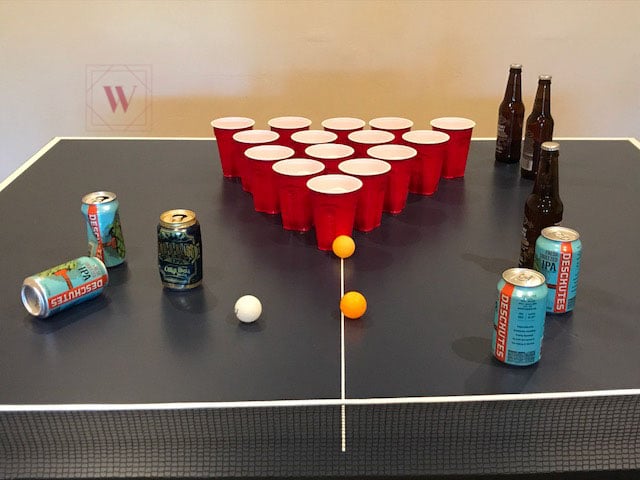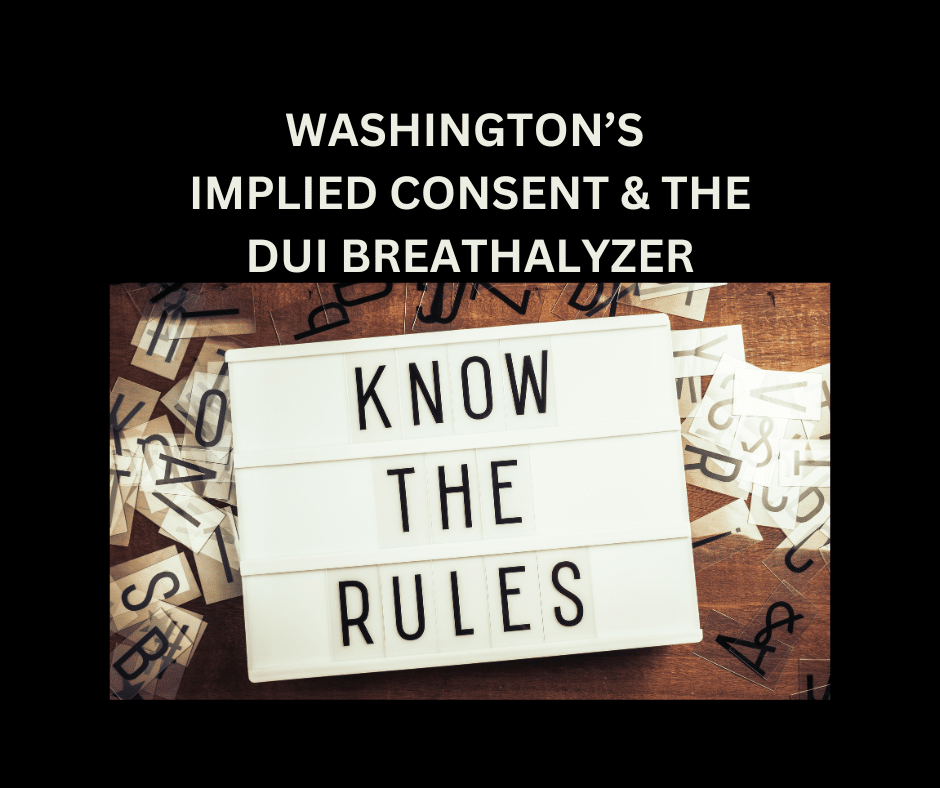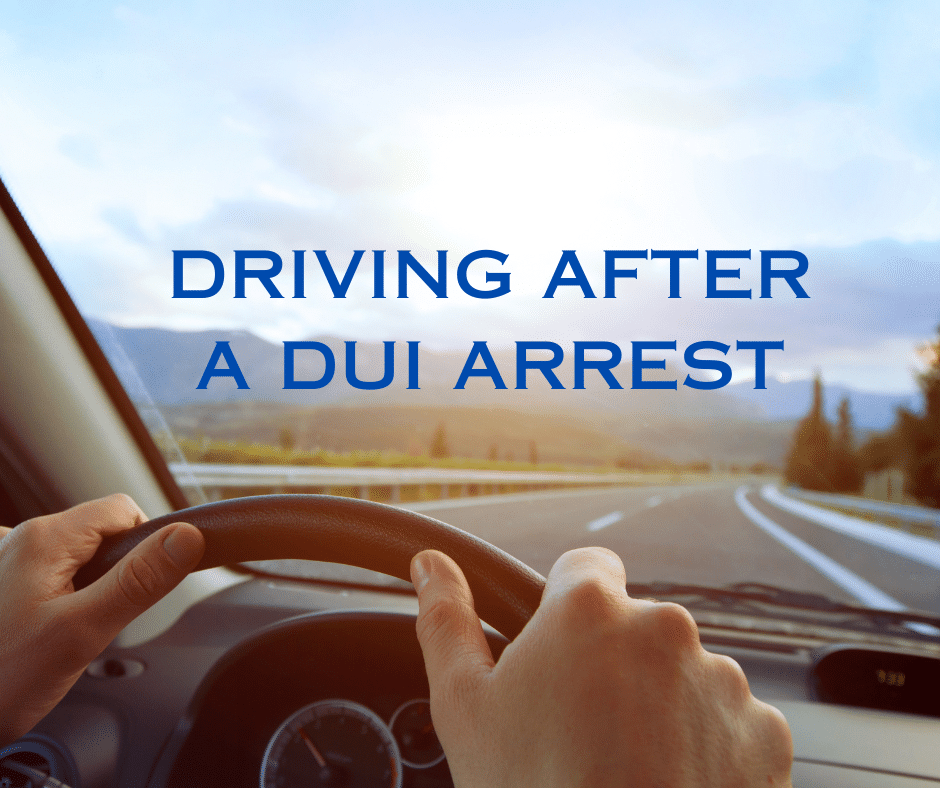Minor In Possession (MIP) Charges
Minor in Possession (MIP) charges can occur when an individual under the age of 21 has in her possession alcohol or is exhibiting the effects of having consumed alcohol. These offenses typically originate when an officer is called to an underage party or when an officer conducts a traffic stop and there are juveniles with alcohol in the car. The criminal charge is brought against a defendant by the State of Washington (or a City, if the act occurred within city limits).
For a free consultation call (360) 792-1000.

RCW 66.44.270 is the statute that governs Minor in Possession Charges.
It states:
- It is unlawful for any person under the age of twenty-one years to possess, consume, or otherwise acquire any liquor. A violation of this subsection is a gross misdemeanor punishable as provided for in chapter 9A.20 RCW.
- It is unlawful for a person under the age of twenty-one years to be in a public place, or to be in a motor vehicle in a public place, while exhibiting the effects of having consumed liquor. For purposes of this subsection, exhibiting the effects of having consumed liquor means that a person has the odor of liquor on his or her breath and either: (i) Is in possession of or close proximity to a container that has or recently had liquor in it; or (ii) by speech, manner, appearance, behavior, lack of coordination, or otherwise, exhibits that he or she is under the influence of liquor.
While the elements of the Statute sound simple, there are many Washington State cases that have cut away at the Prosecution’s ability to convict minors on these charges. For example, the word “possess” has been defined so specifically that once a minor has consumed the alcohol, they no longer possess it. Once it has been consumed they no longer have the ability to exert any control over it – hence they no longer are in “possession.”
There Are Positive Ways To Resolve A Minor In Possession Charge
Minor In Possession cases are handled in District and Municipal Courts, as they are misdemeanors. Being that they are handled in these “lower” Courts, there are more options regarding how to resolve a MIP case other than going to trial or pleading guilty.
Most jurisdictions have some form of a Pre-Trial Diversion Agreement, which is essentially a contract between the Defendant and the Prosecuting Authority. With this type of Diversion Agreement, the Court does not sentence a defendant, the Court merely approves the contract between the parties (the Defendant and the Prosecutor). If the defendant abides by the terms of the contract, the MIP charge is typically dismissed at the end of the agreed upon term. Procedurally, the case goes onto a long continuance and then ends in a dismissal – there is never a conviction if all the terms are met.
Click here for more information on pre-trial diversion agreements
If a defendant wishes to not resolve the matter through a Diversion, they always have the right to go to trial. At trial, a defendant can require the Prosecutor to prove every element of the MIP charge beyond a reasonable doubt.
Defenses To MIP
Additionally, if the case goes to trial, there are several defenses to the charge of Minor In Possession. The defenses that can be asserted by the defendant are:
The alcohol has already been consumed – hence they no longer “possess” it, or The alcohol, if consumed, was consumed in another jurisdiction, or The Officer did not have reason to question the minors, orThe Officer solicited incriminating statements from the minors prior to providing Miranda warning.
This is not an exhaustive list of defenses for pre-trail motions or trial, but these are more common. Other defenses, such as lack of knowledge, intent or positive identification can also be argued at trial.
Collateral Consequences Of MIP
While MIP does not sound like the crime of the century, there are reasons to fight to avoid the conviction. On top of potential jail time and fines, a minor will lose their license if convicted of MIP. Also, probationary requirements may prohibit a minor from being able to move away and go to the college or employment of their choosing. For what seems like an “insignificant” charge, the ramifications can be quite significant on a young person’s life. Getting an experienced criminal defense attorney on board early is crucial to a successful MIP defense.
Witt Law Group serves individuals who have been charged with the crime of Minor In Possession in Kitsap, Pierce and Jefferson Counties. We also handle cases in nearly all the cities within those Counties. We have offices in Gig Harbor, Bremerton and Poulsbo for your convenience. We offer free consultations and can be reached at (360) 792-1000 (Bremerton) or (253) 312-3838 (Gig Harbor) or (360) 773-8598 (Poulsbo) or you can text one of our attorneys at (360) 710-0027.
If the topic of Minor In Possession was interesting to you, please CLICK HERE to read more similar articles in our Blog.
Criminal Defense Posts
The DUI Breathalyzer & Implied Consent In Washington

if you’re driving in Washington state, it’s important to know about something called “implied consent.” Essentially, when you got your driver’s license, you agreed to follow certain rules of the road. One of the rules is involves the breathalyzer test. And, if you are from another state, you avail yourself to the same rule by…
Driving After A DUI – The License Suspension

After a DUI /DWI arrest, there are two methods in which your driving privilege can be suspended. Administrative Suspension After Arrest – Department of Licensing After your arrest, the officer will submit evidence of your breathalyzer or your refusal to submit to the breathalyzer to the Department of Licensing (DOL). If it is a blood…

Get help now
Whether you choose to handle your case alone or you hire the Witt Law Group, get educated and prepared. There are so many factors that occur in the early part of your case that can dictate whether you will end up with a fair recovery. Remember that a consultation is free and worth your time. You will likely discover that the earlier you get an attorney involved in the process, the easier the transition back to normal life. Your attorney will take over all contact with the insurance adjuster and keep track of your treatment providers and bills. Your job is to heal. Our job is to present your injuries and damages to the insurance companies and argue for a fair settlement that accurately reflects the pain and damages you’ve suffered.

